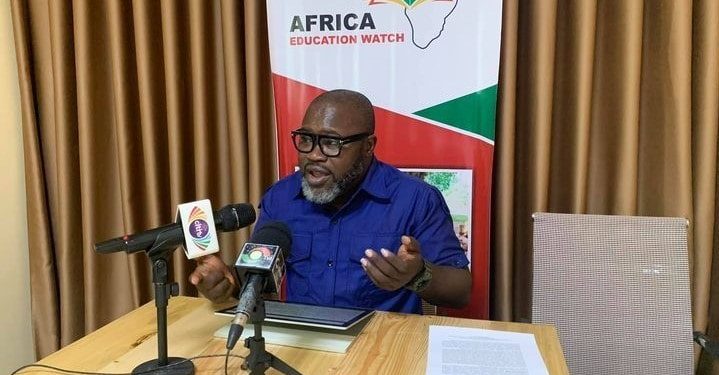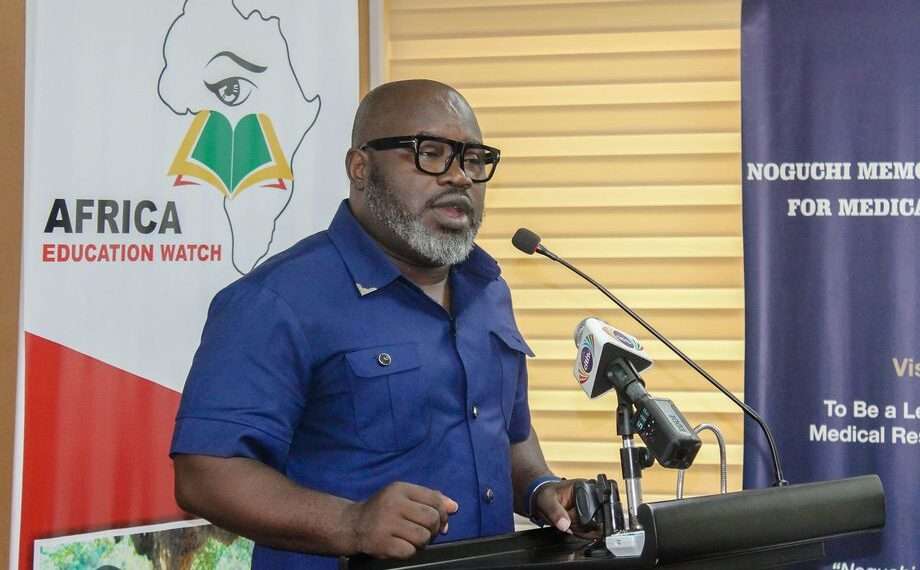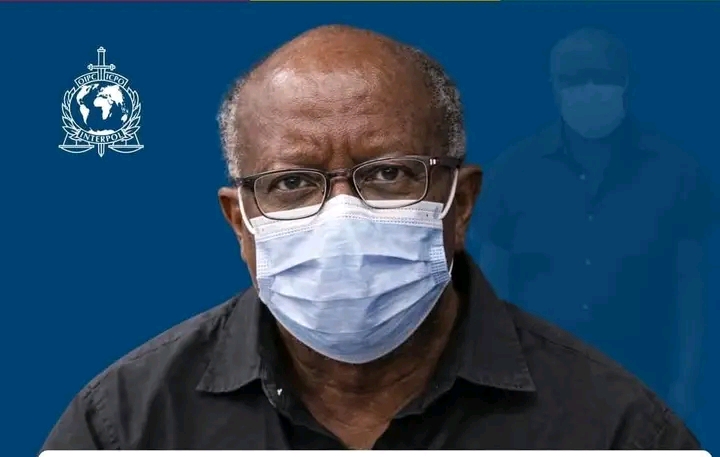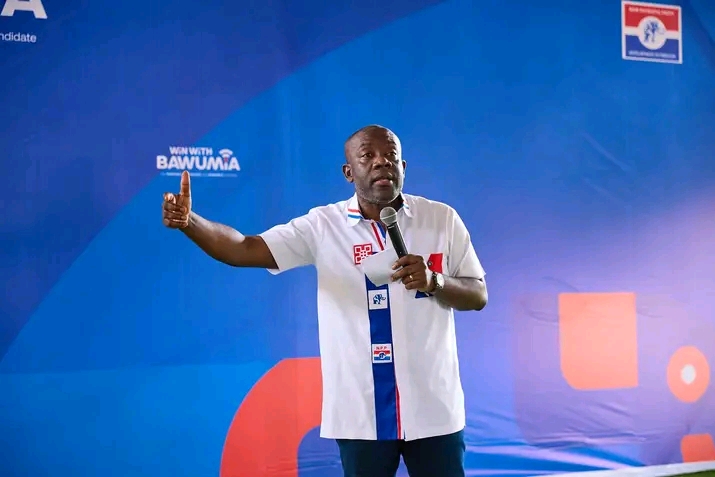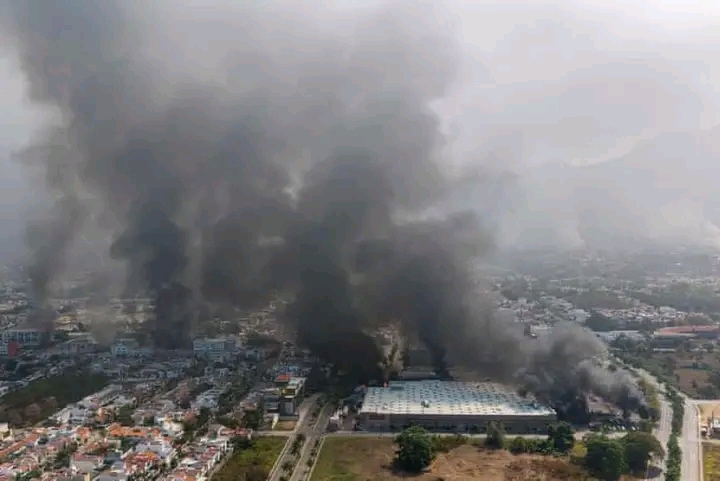Credit Kekeli K. Blamey
Africa Education Watch (Eduwatch) is calling on government authorities to prioritize the recruitment of financially stable caterers under the Ghana School Feeding Programme (GSFP), in a bid to safeguard the continuity and quality of school meals across the country.
Kofi Asare, Executive Director of Eduwatch, highlighted the importance of financial resilience in the implementation of the programme. He noted that many disruptions in school meal services stem from caterers’ inability to pre-finance operations due to delayed payments.
“The government should ensure that local authorities engage caterers who possess the financial capacity to sustain service delivery, even in the face of delayed reimbursements,” Mr. Asare stated.
Eduwatch has long advocated for structural reforms within the GSFP, particularly the decentralisation of contract procurement and management to promote transparency, accountability, and improved food quality.
The organisation believes that allowing local authorities, more oversight could lead to better outcomes for beneficiaries.
The GSFP has faced challenges in recent years, including reports of delayed payments to caterers and the early termination of some contracts.
These issues have, in some cases, resulted in a reduction in meal provision, affecting the nutrition and school attendance of children in vulnerable communities.
While government data suggests a growth in the number of beneficiaries—from 4 million to 4.2 million—Eduwatch warns that financial constraints faced by caterers undermine these achievements.
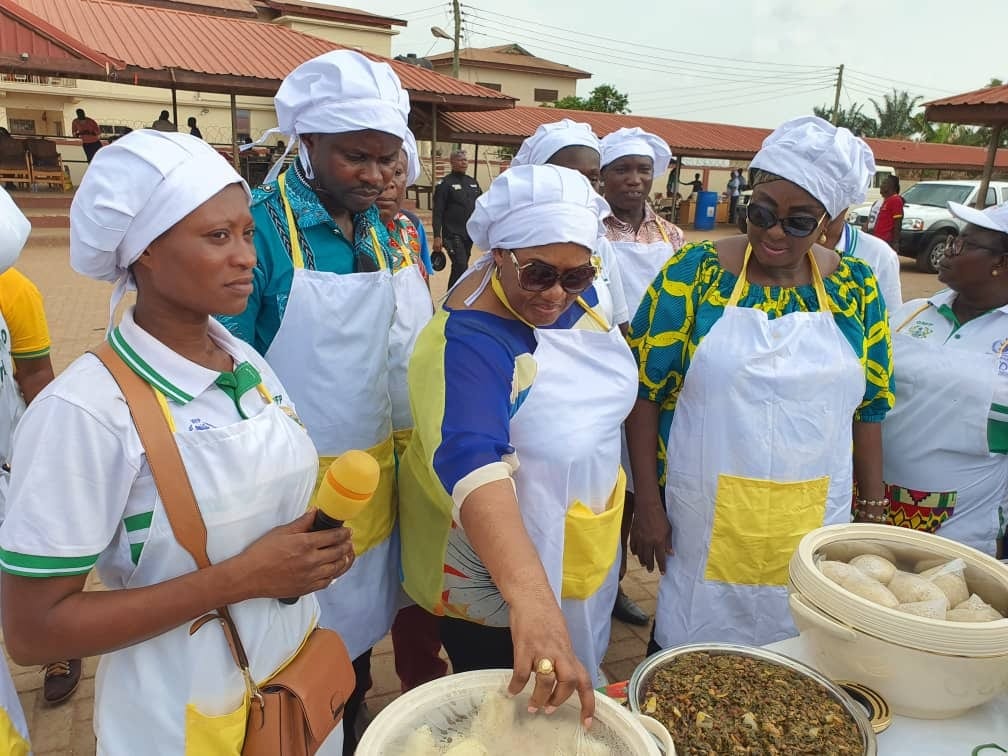
“To ensure that the School Feeding Programme remains a reliable incentive for school attendance, especially in underserved areas, the recruitment process must emphasize financial readiness,” Mr. Asare added.
Eduwatch reaffirmed its commitment to supporting policy reforms that enhance the integrity and long-term success of the GSFP, and called for swift action to address lingering operational challenges.
The organisation believes that with the right measures in place, the programme can continue to play a vital role in Ghana’s education and social protection landscape.
